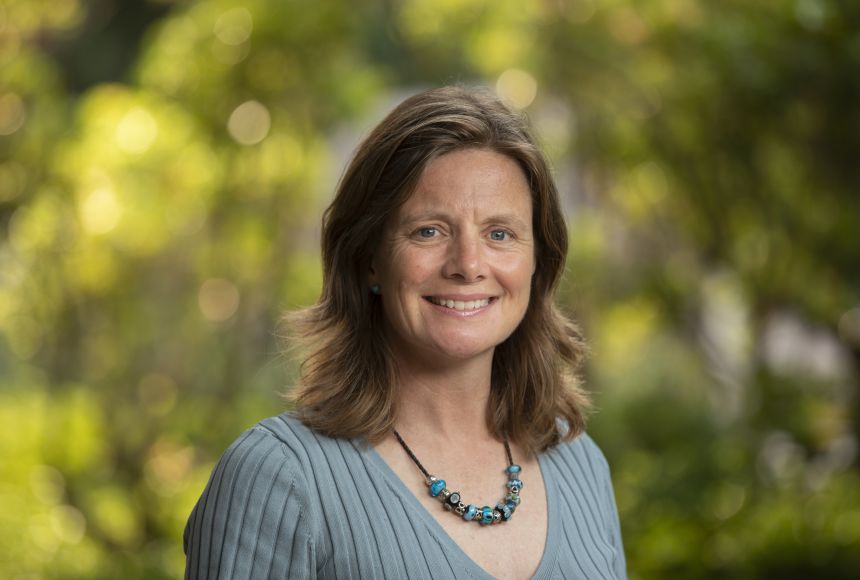“Ghost nets.” They sound like Halloween decorations, but they’re genuinely scary. Ghost nets are fishing nets that get lost at sea or thrown overboard when they’re worn out. As they drift with the currents, ghost nets trap and kill ocean creatures including fish, dolphins, and sea turtles. If they sink to the ocean floor, ghost nets can smother and kill coral reefs.
National Geographic Explorer Heather Koldewey is helping to exorcise the ghosts. She helped develop an innovative program called Net-Works that operates in the Philippines.
Many people in the Philippines used to make a living by fishing, but with overharvesting, fish have become scarce. To compensate, people set even more nets, just trying to catch enough fish to get by. More nets led to more ghost nets and the death of even more fish and reef creatures.
Koldewey was determined to solve that problem. She is a marine biologist who is a Senior Marine Technical Advisor for the Zoological Society of London. “I’ve studied fish all my life, so it was quite a big difference to get involved with solving this problem,” she told the audience at World Environment Day 2018 in India. “We had to establish a business model . . . that would make it both economical and sustainable for the communities that collect the nets.”
The result was Net-Works, which launched in 2012 to give fishers and community members a place to send end-of-life fishing news and ghost nets out of the ocean and into the recycling stream. The project recycles the nylon netsinto yarn that is sold to a company that turns it into colorful, durable carpet tiles. Net-Works also helped set up community self-help savings groups so local people would have the financial means to conduct business transactions related to buying and selling nets, as well as address other needs such as health and education.
To date, Net-Works has collected enough ghost nets to circle the world six times and helped reef and fish populations to recover. “We’ve cleaned up a major source of pollution on the coastline and enabled local communities to make an income directly from their conservation activities,” Koldewey told the news site World Fishing and Aquaculture. “This is a rather unusual but exciting collaboration between conservation and industry.”
Koldewey is not from the Philippines, but she is an island native of sorts—she grew up in Great Britain. She says she has been fascinated by ocean life ever since she was a child splashing around in coastal tide pools. She holds a PhD in fish genetics from the University of Wales, Swansea, and has worked for the Zoological Society of London since 1995. Currently, she is their Senior Marine Technical Advisor.
In addition to her work with Net-Works, Koldewey is the co-founder of Project Seahorse, a research-focused marine conservation group working to protect seahorses and their ocean habitats. Another one of her projects, One Less, aims, like Net-Works, to keep plastic out of the ocean. One Less is a systems change initiative to change the way Londoners drink water, from single-use plastic water bottles to reusing and refilling.
Koldewey also acts as an Expedition Co-Lead for the National Geographic “Sea to Source: Ganges” river expedition. This international, female-led team of scientists will set out on a river expedition to better understand and document how plastic waste travels from source to sea and to fill critical knowledge gaps.

